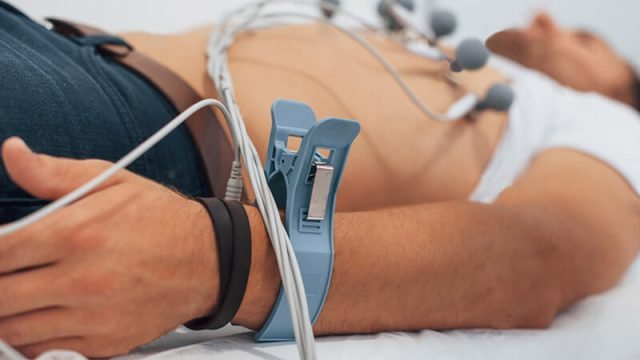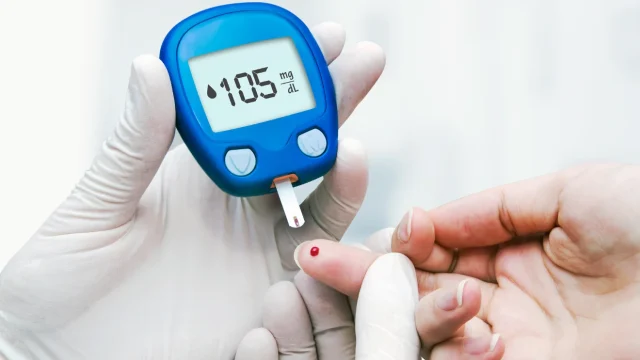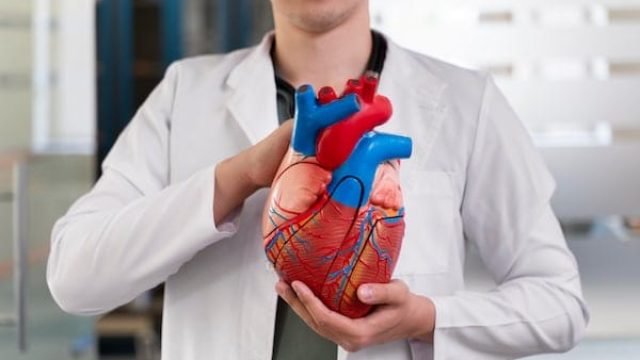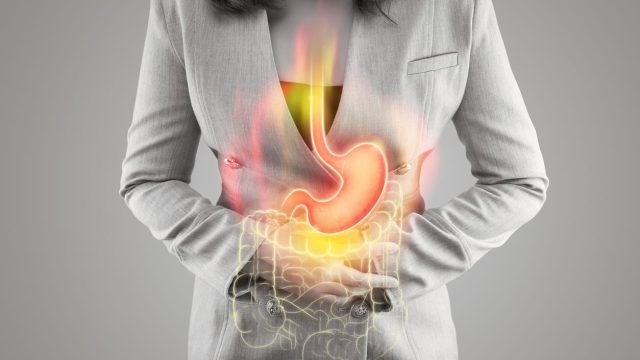A concussion is a traumatic brain injury that affects your brain function. Effects are usually temporary but can include headaches and problems with concentration, memory, balance and coordination.
Concussions are usually caused by a blow to the head. Violently shaking of the head and upper body also can cause concussions.
Concussion Symptoms
The signs and symptoms of a concussion can be subtle and may not show up immediately. Symptoms can last for days, weeks or even longer.
Common symptoms after a concussive traumatic brain injury are headache, loss of memory (amnesia) and confusion. The amnesia usually involves forgetting the event that caused the concussion.
Physical signs and symptoms of a concussion may include:
- Headache
- Ringing in the ears
- Nausea
- Vomiting
- Fatigue or drowsiness
- Blurry vision
Other signs and symptoms of a concussion include:
- Confusion or feeling as if in a fog
- Amnesia surrounding the traumatic event
- Dizziness or “seeing stars”
When to see a doctor
See a doctor within 1 to 2 days if:
- You or your child experiences a head injury, even if emergency care isn’t required
If your child doesn’t have signs of a serious head injury, remains alert, moves normally and responds to you, the injury is probably mild and usually doesn’t need further testing.
Prevention
Some tips that may help you to prevent or minimize your risk of head injury include:
- Wearing protective gear during sports and other recreational activities. Make sure the equipment fits properly, is well maintained and is worn correctly. Follow the rules of the game and practice good sportsmanship.When bicycling, motorcycling, snowboarding or engaging in any recreational activity that may result in head injury, wear protective headgear.
- Buckling your seat belt. Wearing a seat belt may prevent serious injury, including head injury, during a traffic accident.
- Making your home safe. Keep your home well lit and your floors free of anything that might cause you to trip and fall. Falls around the home are a leading cause of head injury.
- Protecting your children. To help lessen the risk of head injuries to your children, block off stairways and install window guards.
- Exercising regularly. Exercise regularly to strengthen your leg muscles and improve your balance.
- Educating others about concussions. Educating coaches, athletes, parents and others about concussions can help spread awareness. Coaches and parents can also help encourage good sportsmanship.
Our Best Sports Medicine Doctor –
Call or WhatsApp: 9085612000
Read More<<<











